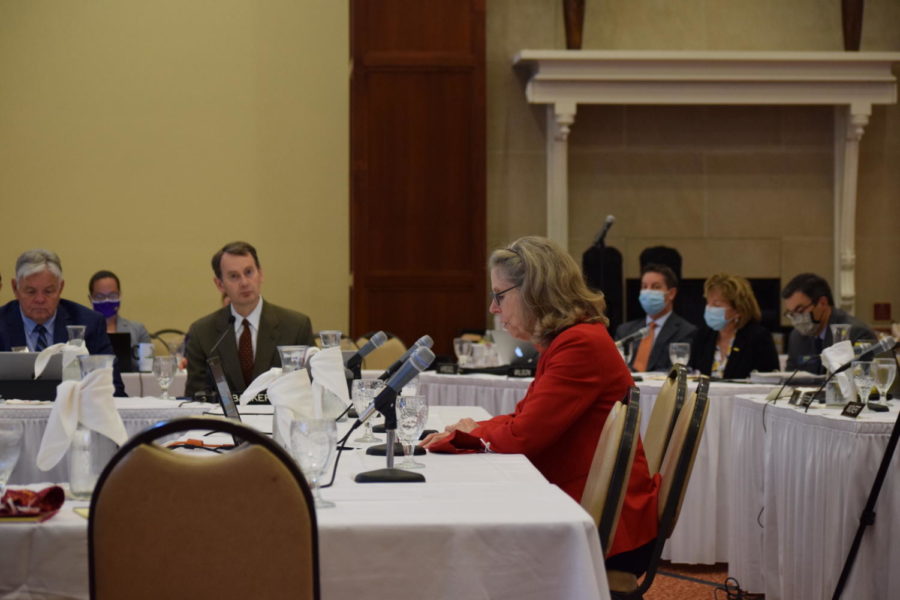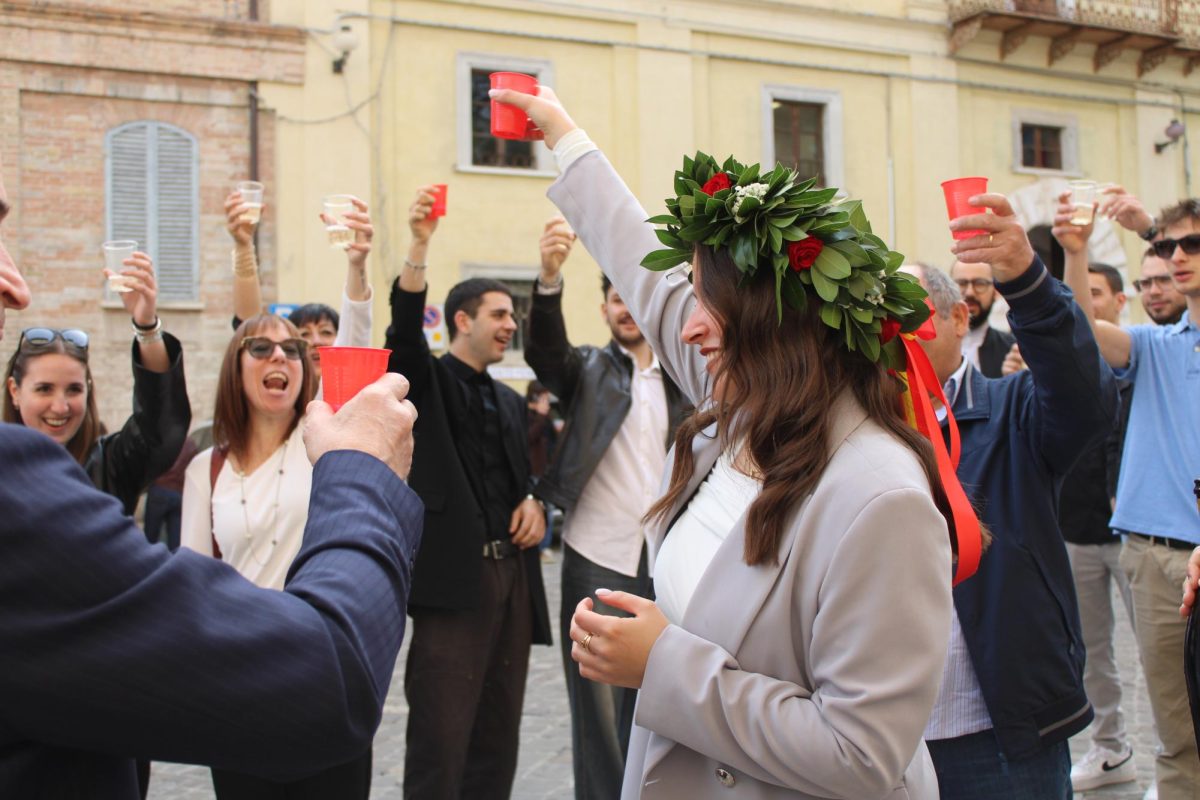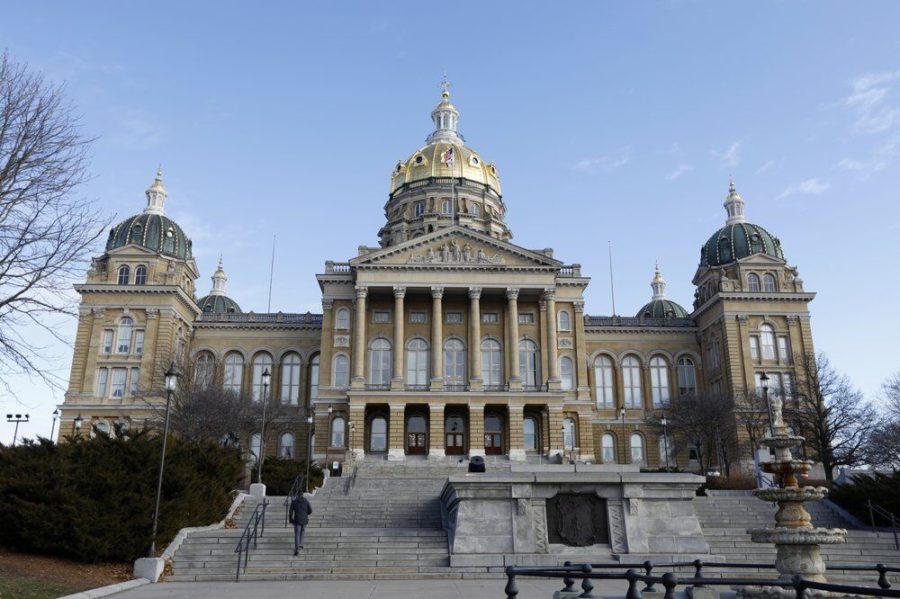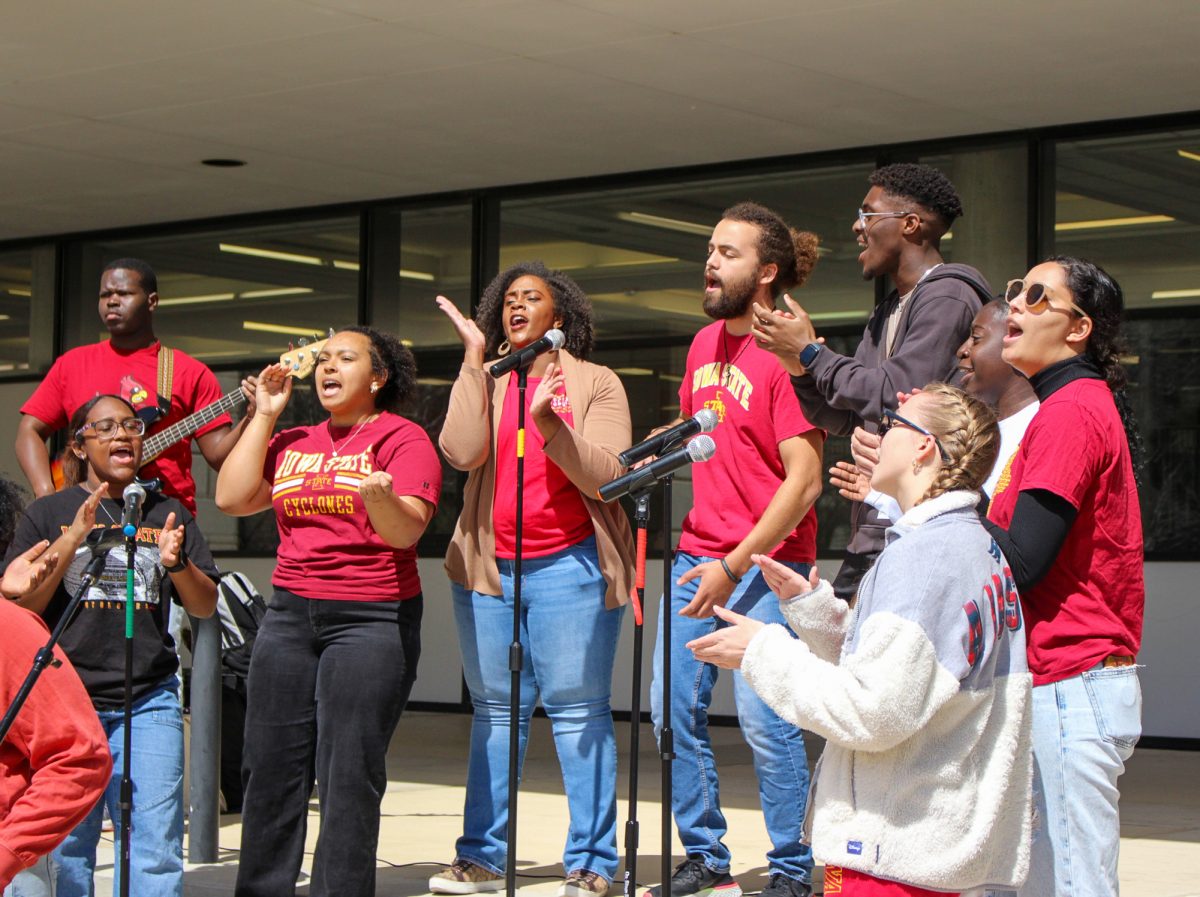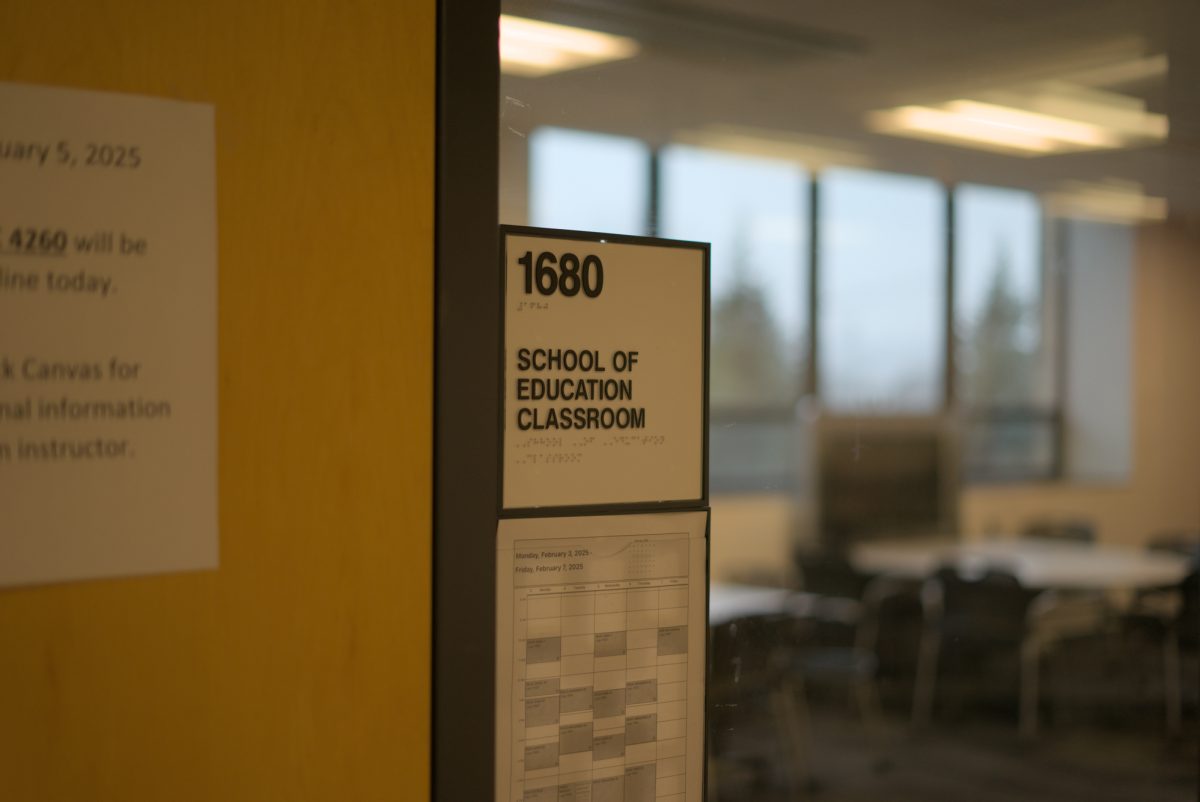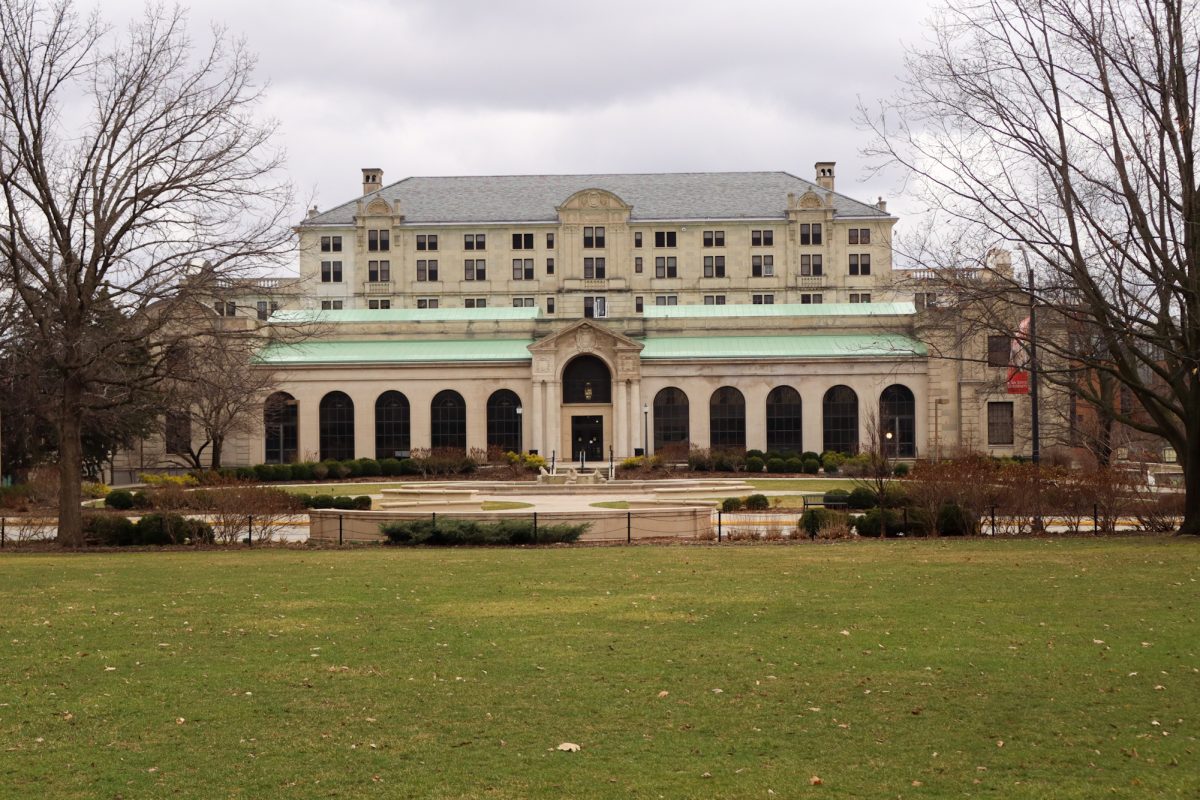Initial steps will be taken surrounding the Iowa Board of Regents’ recommendation on pronoun disclosure, Inside Iowa State announced Jan. 11.
The announcement stated that while the full implementation plan is not due to the regents until the next board meeting, the university is taking initial steps regarding recommendation 4b, “which states that no employee, student, applicant, or campus visitor is compelled to disclose their pronouns.”
The Jan. 11 announcement stated students, faculty and staff may choose to, but are not required to voluntarily disclose their own pronouns to another individual. Additionally, employees may continue to include their pronouns on items such as name tags, business cards and email signatures, or to have their pronouns noted in Iowa State’s information systems where applicable, but they are not required to do so.
When asked for comment, Angie Hunt, media relations in the department of strategic relations and communications, stated Iowa State’s full implementation plan will be shared at the April 24-25 Board of Regents meeting.
A Dec. 14 Inside Iowa State article stated President Wendy Wintersteen established a campus focus group to help develop the university’s plan for addressing the 10 recommendations for diversity, equity and inclusion (DEI) adopted by the Board of Regents at its meeting in November.
Josh Lehman, senior communications director for the Iowa Board of Regents, stated that the DEI study group recommendations approved by the board are in the process of being implemented by the three regent universities.
As previously reported by the Daily, recommendations include restructuring the central, university-wide DEI offices, restricting people from being “compelled to disclose their pronouns” and eliminating positions that are not “necessary for compliance, accreditation or student and employee support services.”
Current university discussion
At the Faculty Senate meeting Tuesday, Karen Kedrowski, Iowa State professor and director of the Carrie Chapman Catt Center, asked university administrators to prioritize discussion and tap into existing expertise surrounding recommendation nine.
The recommendation states “explore a proposal, including cost, to establish a widespread initiative that includes opportunities for education and research on free speech and civic education.”
“The current task force, which has a lot of talented people in it, doesn’t necessarily have a lot of that particular kind of expertise,” Kedrowski said. “Number nine is the one thing that’s not like the other.”
Senior Vice President and Provost Jonathan Wickert said he promised to do that, and has asked Beate Schmittmann, dean of the College of Liberal Arts and Sciences (LAS) for recommendations of five individuals from LAS to serve on a special group to consider the recommendation specifically.
“[The President’s Focus Group on the Board of Regents DEI Adopted Recommendations] is not going to do that,” Wickert said. “The focus group is kind of like an umbrella, recommendation number nine is kind of more specific, it’s an academic activity, and so we’ll have a separate group to advise on that.”
Wickert said recommendation number nine is not the most pressing of the 10 total recommendations.
“Number nine is not like the thing that’s on fire with these recommendations,” Wickert said. “There’s other ones on here that are sort of urgent that we’re working on right now.”
Wickert also addressed the wording of the recommendations, noting the word “explore” in recommendations eight and nine, “On [recommendation] nine we’re required by the board to explore it, now that one’s actually explored. There’s other ones that say standardize, initiate, develop, take reasonable steps, review, you know, do this, don’t do that.”


